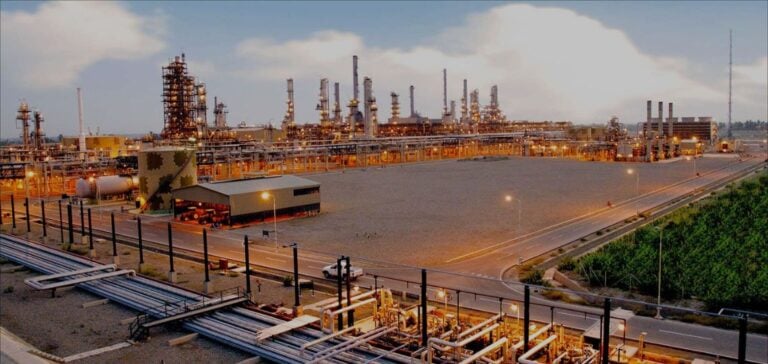The Pakistani government allowed three refineries (PARCO, National Refinery, and Attock Refinery) to export 120,000 tonnes of fuel oil between June and July to optimize their operations. In May, exports reached 150,411 tonnes, up 59.5% year-on-year.
Changes in Production and Consumption
Pakistani refineries exported 763,453 tonnes of high-sulfur fuel oil and 88,418 tonnes of low-sulfur fuel oil in the first eleven months of the fiscal year. This substantial increase is due to the transition to more economical energy sources such as gas, coal and LNG.
Pakistani refineries currently hold 178,362 tonnes of fuel oil, down 40.8% on the previous month. PARCO alone has 92,303 tons, followed by National Refinery and Attock Refinery.
Impact of the Energy Transition
Oil-fired power generation fell by 49.2% in eleven months, reflecting the switch to alternative energy sources. Total electricity generation reached 113,705 GWh, with a significant contribution from hydroelectric sources, LNG and nuclear power plants.
This transition has led to a significant reduction in fuel oil imports, with zero imports recorded in the fiscal year ending June 30, 2024, compared with 478,815 tonnes the previous year.
The decline in fuel oil-based electricity generation, coupled with increased exports, points to a strategic shift towards more sustainable and economical energy sources. This strategy could serve as a model for other countries seeking to optimize energy and manage resources efficiently.





















